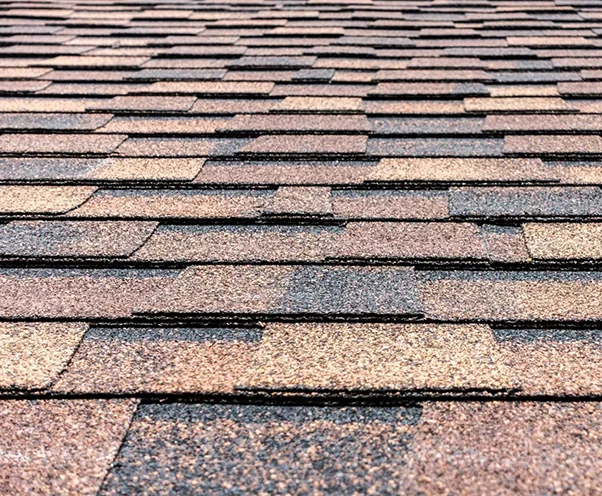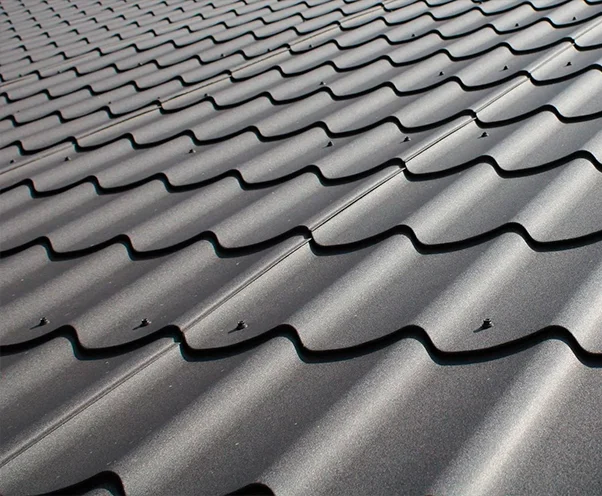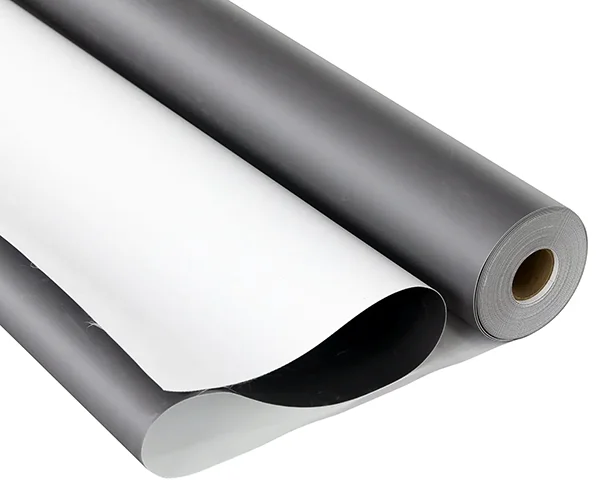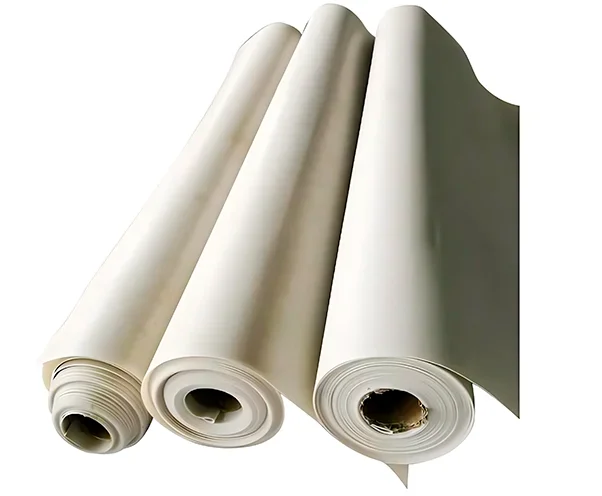Asphalt Shingles
Asphalt shingles are one of the most common roofing materials in the United States due to their affordability and ease of installation.

Understanding Asphalt for Roofing
Asphalt is a versatile material used extensively in roofing because of its waterproofing qualities and durability. Asphalt for roofing provides a protective barrier against harsh weather conditions, including rain, snow, and wind. It's also flexible enough to accommodate the natural expansion and contraction of your roof without cracking.
Advantages of Modified Asphalt Roofing
Modified asphalt roofing enhances traditional asphalt shingles by adding polymers that increase elasticity and strength. This modification improves resistance to temperature extremes and impacts, making it an excellent choice for areas prone to severe weather. Modified asphalt shingles also offer better longevity compared to standard asphalt shingles.
What Is Asphalt Roll Roofing Installation?
Asphalt roll roofing installation involves using large rolls of asphalt-coated material, typically used for low-slope roofs. This method is cost-effective and quicker to install than traditional shingles. While it may not offer the same aesthetic appeal, it's a practical solution for sheds, garages, and certain residential applications.
Asphalt Shingle Roof Lifespan
The asphalt shingle roof lifespan generally ranges from 20 to 30 years, depending on the quality of the shingles and installation. Factors such as climate, maintenance, and ventilation can affect this lifespan. Regular inspections and prompt repairs can help maximize the longevity of your asphalt shingle roof.


